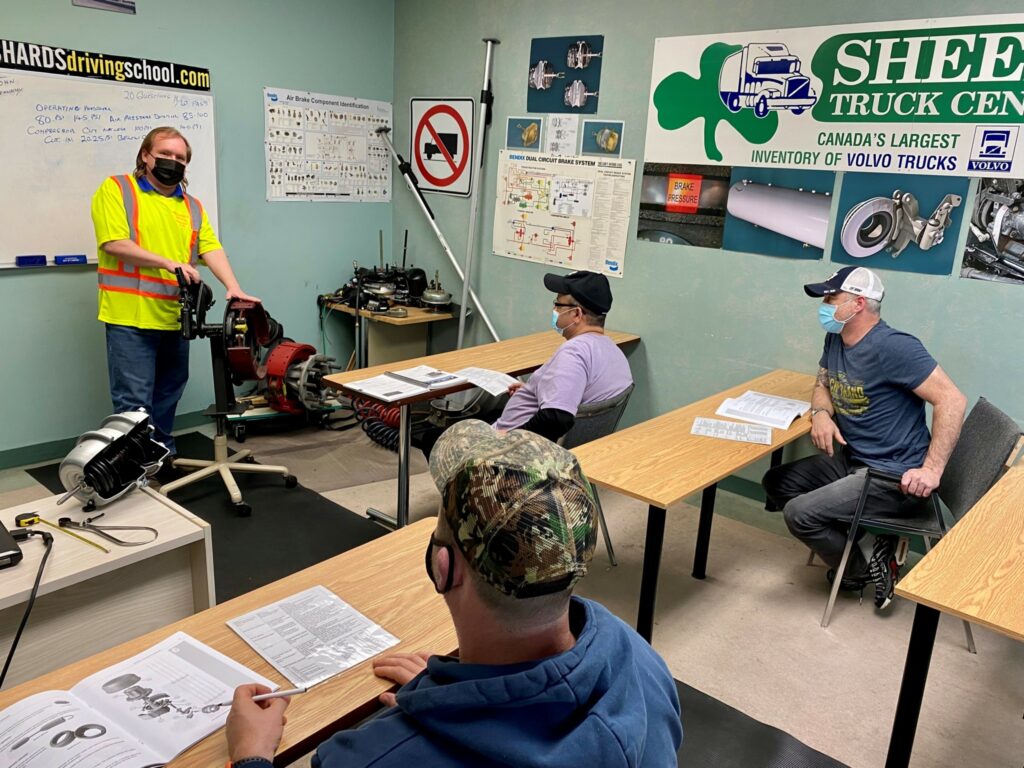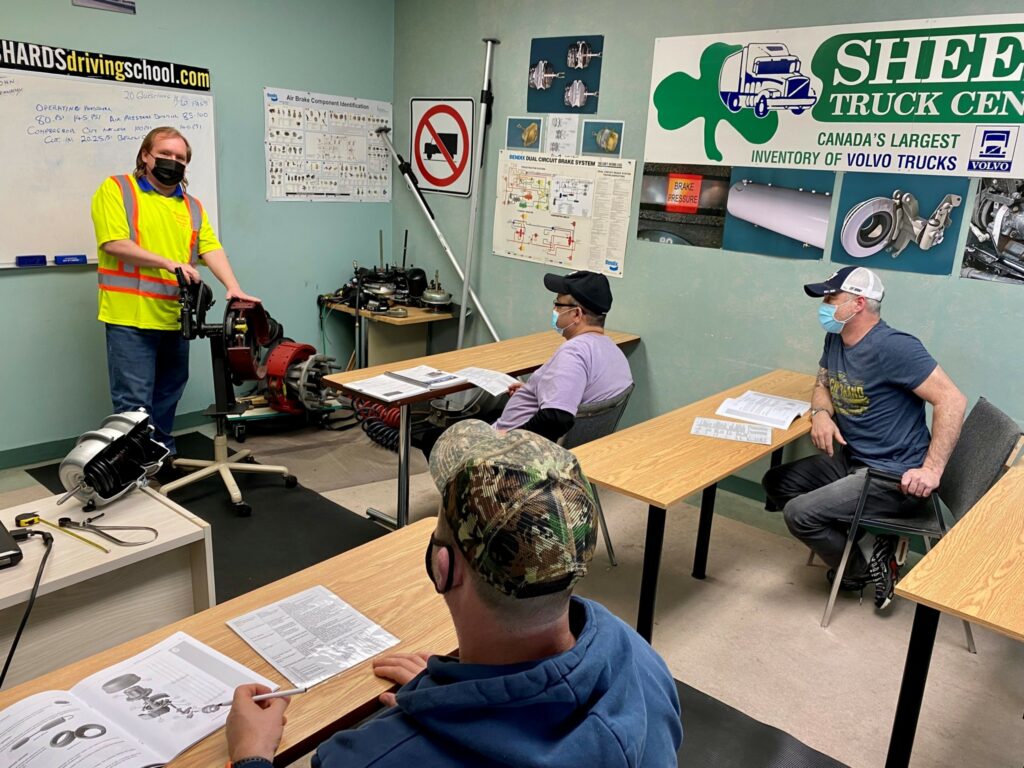Truck driver training schools must navigate a difficult future as increased operational costs bite into revenue and prospective students shop for lower-fee options.
Operating in Ontario’s trucking heartland, Mississauga-based Richards Truck Driving School is witnessing declining student enrolment over the past few months. Operations manager Radek Rogowski says he charges $7,700 for the MELT (mandatory entry-level training) program but schools in the area are training students for $4,000. “There is no way to compete with that. I can’t drop fees and make the numbers work. We are pretty much down to the bone,” he says.

Another school in the same city, A1 Transportation Academy echoes Rogowski’s sentiments. Its founder and owner Lakhwinder Singh says his biggest challenge is pricing his training program. “I am barely making money as there is cutthroat competition.”
Across the country on the West Coast, the increased cost of acquiring equipment is adding to the pain. Amrit Grewal, owner and instructor, Sarabha Driving School in Langley, B.C., says the cost of used trucks and trailers has increased substantially.
Increasing costs
He says although he gets discounts with fuel cards, higher diesel prices are also affecting the bottom line and profit margins. Maintenance costs have increased, too. “Hourly rates have gone up in most facilities to counteract their rent or mortgage payment increases,” he says.
Grewal says while the cost for some parts remains relatively the same with small increases, prices for others have skyrocketed. “It is hit or miss when it comes to parts being readily available,” he adds.

While increased expenditures are taking a toll across the country, schools in Manitoba face challenges to hire instructors.
The recruitment process sometimes takes up to three months, says Remon Yang, owner of Professional Transport Driver Training School, which operates in Winnipeg and Brandon.
Instructor recruitment delays in Manitoba
Candidates must complete a 11-day, $2,950 Manitoba Trucking Association Class 1 (MELT) instructor preparation course that includes a road test. The course takes place every three months, with the next one in September followed by another in November.
Yang says, “If I hire someone today, they must wait about three months. It is very expensive to recruit instructors even if they are interested.”
There are also wait times for the ministry road tests that candidates must pass. Yang says he pays for the MTA course and ministry test along with a salary for prospective instructors while they wait, and the costs add up quickly.
Raising fees not an option
In B.C., Grewal says he has been fortunate and hasn’t had to increase fees as student enrollment has been steady.
Yang says although it is unfortunate that fewer people are interested in longhaul trucking, students are still walking in the door to seek employment in the construction, oilfield and forestry sectors.
In Ontario, Singh says despite the increased expenses, raising fees is not an option in the Greater Toronto Area due to the number of schools competing for business. He said referrals have helped keep student numbers up.
For Rogowski, tough decisions may be approaching sooner than later. He sees business shrinking and is trying to attract other avenues of revenue like corporate training. “I have a lot of balls in the air, but when the money runs out you have to make tough decisions,” he says.



Leave a Reply